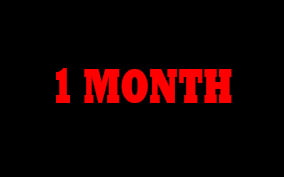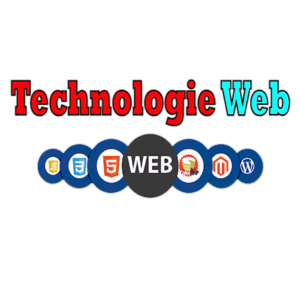Description
PHP is a versatile and powerful programming language that is particularly well-suited for building dynamic websites and web applications. It is known for its simplicity, flexibility, and ease of integration with various databases and web servers. PHP scripts are executed on the server, generating HTML or other output that can be sent to the client’s web browser.
Key characteristics and features of PHP include:
- Server-Side Scripting: PHP is executed on the web server, allowing developers to create dynamic web pages by embedding PHP code within HTML files. This enables the generation of content based on user interactions and database queries.
- Open Source: PHP is open-source, which means it is freely available for use, modification, and distribution. There is a vast community of developers who contribute to its development and provide support.
- Cross-Platform: PHP is compatible with various operating systems, including Windows, Linux, macOS, and more, making it accessible to a wide range of developers.
- Database Integration: PHP provides robust support for connecting to and interacting with databases, such as MySQL, PostgreSQL, and SQLite, allowing developers to create data-driven applications.
- Extensive Library Support: PHP offers a rich ecosystem of pre-built libraries and frameworks, such as Laravel, Symfony, and CodeIgniter, which streamline web development tasks and promote best practices.
- Web Server Compatibility: It can run on a variety of web servers, with Apache being one of the most common choices. It can also be used with Nginx and other web server software.
- Support for Content Management Systems (CMS): PHP powers many popular CMS platforms like WordPress, Drupal, and Joomla, making it a go-to choice for building websites and blogs.
- Security: PHP has robust security features, including built-in functions for handling user input securely, preventing common web vulnerabilities like SQL injection and cross-site scripting (XSS).
- Community: PHP has a large and active developer community, which means there are numerous online resources, forums, and documentation available for learning and troubleshooting.
- Scalability: PHP is scalable and can handle both small websites and large, complex applications. It’s used by a wide range of websites, from simple personal blogs to major e-commerce platforms and social media networks.






